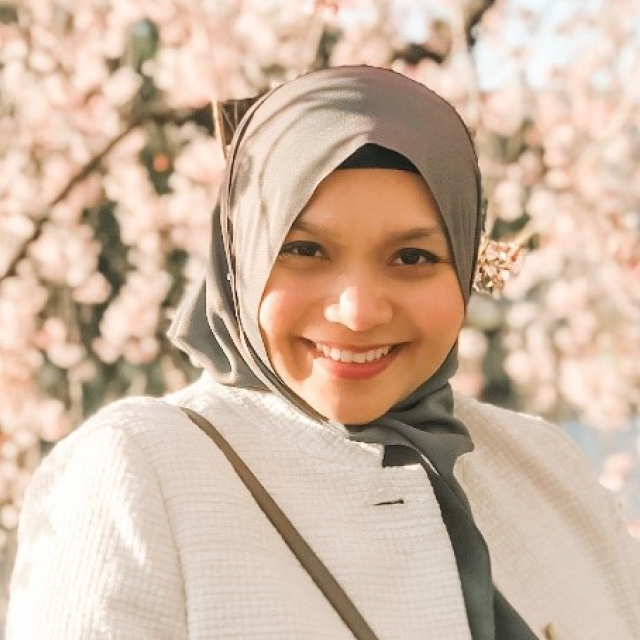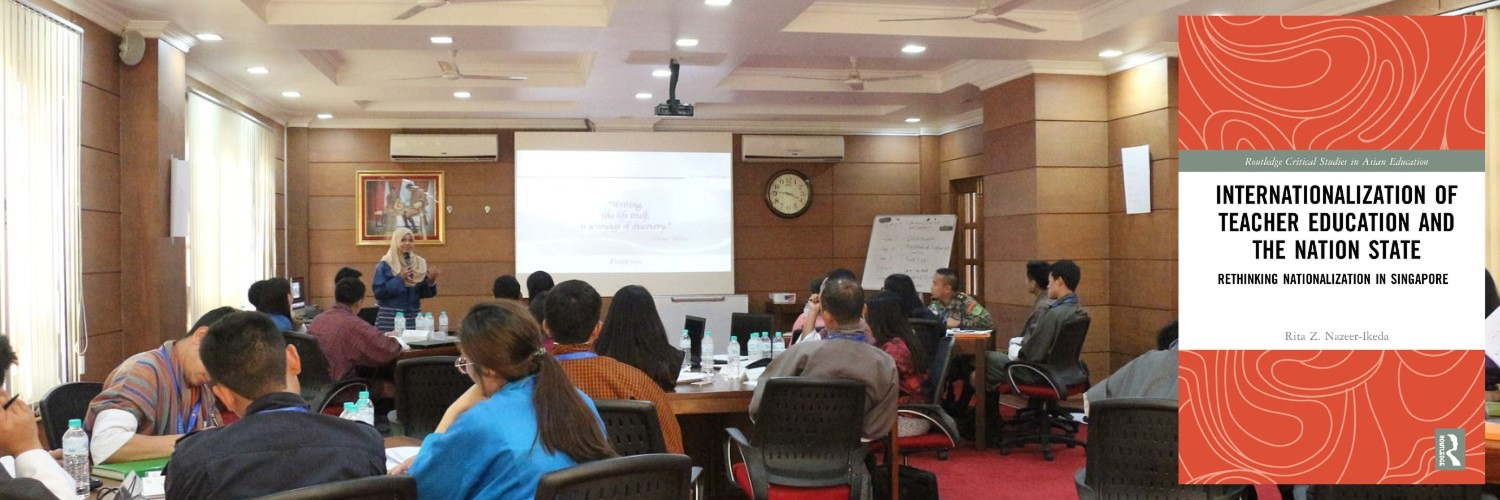国際教育ジェンダー&エスニシティ研究協力者
リタ・Z ナゼール・イケダ
Rita Z. Nazeer-Ikeda

早稲田大学 フェロー
Research Achievements
- Nazeer-Ikeda, R.Z. & Asada, S. R. (2024). Educator organising in Singapore: Protests, progress, and the Singapore Teachers’ Union. Globalisation, Societies and Education. (Article DOI: 1080/14767724.2024.2341949)
- Nazeer-Ikeda, R.Z. & Gopinathan, S. (2022). Teacher education in a developmental state: Singapore’s ecosystem model. In Myint Swe Khine & Yang Liu (Eds.), Handbook of research on teacher education: Innovations and practices in Asia (Chapter 2, pp. 11-36). Singapore: Springer. (Book ISBN: 978-981-16-9784-5)
- Nazeer-Ikeda, R.Z. (2021). Internationalization of teacher education and the nation state: Rethinking nationalization in Singapore. Routledge Critical Studies in Asian Education Series. Oxon, United Kingdom: Routledge. (Book ISBN: 978-0-367-22704-3) [endorsed by The HEAD Foundation, reviewed by the Asia Pacific Journal of Education]
Research Interests
Education for Reconciliation and Peace; Educational Development in Southeast Asia; Teaching and Teacher Education Policies
Aspirations as a Researcher
As an educationist, I aspire to deepen my understanding on reconciliation studies in order to effect evidence-based policy changes for sustainable development. I care deeply about the holistic development of our young and the role of education beyond human capital gains. I look forward to learning from and collaborating with experts in the field of reconciliation across contexts and disciplines, as we collectively contemplate and explore solutions to fragmentations.
Research Theme
Despite the importance of education in nation building and in shaping a mindset of peace, both of which are central to reconciliation discussions, the role of education in the process of reconciliation remains inadequately examined. As a contribution to narrow this gap, my research engages the case of Singapore within the context of Southeast Asia as the nation state offers insights from the reconstruction of its fragmented history. Essentially, I examine Singapore’s engagement of education to build/rebuild relationships with various actors intra-nationally and internationally, alongside the unintended outcomes that emerge from these policies.
My research is a nexus of three considerations. First, is the consideration of context and its implications – Singapore within Southeast Asia. Inevitably, the concepts of de-colonialism, postcolonialism, and reverse colonialism are discussed and problematized. Additionally, education policy rhetoric are examined alongside collective memory. Second, is the consideration of universal values particularly in education. This is achieved through an examination of core principles and priorities of the society in Singapore, implicating discussions on education for human capital development or as a human right, including considerations of education for reconciliation and peace. Sustainability is the third consideration, calling for deliberate attention to the emerging issues of inequality and inequity.
Title of Working Paper
Education beyond human capital development: Examining education for reconciliation and peace in post-colonial Singapore
研究画像


